Hotels, airlines, car rental companies, and others in the travel industry prioritize the customer experience as one of the most effective competitive differentiators. Indeed, companies that deliver in this area are more likely to generate customer loyalty and build positive reputations. In this article, you will find eight of the most effective ways for those in the tourism industry to improve customer experience.
Table of Contents:
8 Ways to Improve Your Customer Experience
Below are some of the popular ways how to improve customer experience in the travel industry with technology.
1. Smart Rooms
One of the growing customer experience trends in the hotel sector of the travel industry is the use of voice recognition technology to create ‘smart rooms’. Essentially, these allow guests to control various aspects of the room through simple voice commands, making the experience more convenient.
One of the best-known examples is Alexa for Hospitality, an Amazon service that Marriott is already using. Smart speakers are included in hotel rooms, and guests can communicate with them to ask questions, find information, and turn other devices in the room on or off.
Do you want to learn how to transform a hotel room into smart hotel room? Read the article “Ways to Transform a Hotel Room Into a Smart Room”.
2. Chatbots & Artificial Intelligence
With modern advances in artificial intelligence, computer systems or machines can now perform functions that traditionally require direct human involvement. This can greatly benefit businesses of all varieties within the tourism industry because it allows for far greater automation.
One significant example is chatbots, which can be used by hotels, travel agents, and airlines to provide 24/7 customer service or fully automated booking processes. In terms of customer experience, the chief advantage of this is rapid response times, meaning customers will receive swift answers, even in the middle of the night.
According to the Chatbot Market Report by Precedence Research, the global chatbot market size is projected to grow at a CAGR of 19.29% until 2032. Find more detailed information and examples about artificial intelligence use cases in the travel industry in the article “How Artificial Intelligence is Changing the Travel Industry”.
3. Personalization Marketing
The basic premise behind personalization marketing is to deliver more targeted promotional content to users. This is usually achieved through data collection and automated digital algorithms, which allow content to be distributed to specific users who have specific interests and browsing habits or who fall into specific demographics.
As a result, promotional content is more relevant to individuals, and this can be particularly important within the travel industry. For instance, it might mean that a user who has browsed a particular hotel website will see adverts for that hotel on social media. However, it can also allow companies to target their content to more specific demographics too. Taxi firms, for instance, might target those located within a particular airport or city.
Find more detailed information and examples about personalization marketing use cases in the travel industry in the article “Ways Personalisation Marketing is Used in the Travel Industry”.
4. Virtual Reality
Over the past few years, virtual reality technology has grown significantly, and VR headsets are now a mainstream consumer product. This gives those within the tourism industry a great opportunity because VR can virtually transform a user’s surroundings, effectively placing them in a different environment.
The potential uses for this are almost endless. Some online travel agents are using the technology to allow customers to experience hotel rooms before booking them, while other travel companies have developed virtual experiences, which enable a guest to get an idea of what it feels like to be at a major tourist attraction. Other examples might include interactive virtual maps, VR hotel tours, or 360 videos to present a resort, cruise ship, or tourism destination upfront.
According to the Virtual Reality Market Report by Fortune Business Insights, the global virtual reality market size is projected to grow at a CAGR of 31% until 2030. Find more detailed information and examples about how virtual reality can benefit your business in the article “How Virtual Reality is Transforming the Travel Industry”.
5. Augmented Reality
Augmented reality is similar to VR, although it is more accessible to the average customer and requires only a smartphone and a relevant app. Rather than fully replacing a user’s surroundings, however, augmented reality is instead concerned with enhancing real-world environments through overlays.
For those in the travel industry, the main way this can improve the customer experience is by providing additional information. For example, a travel app might allow users to point their phone at a landmark and find out more about it or point their phone at a restaurant and see customer reviews and hygiene ratings.
Find more detailed information and examples about how augmented reality can benefit your business in the article “How Augmented Reality is Revolutionising the Travel Industry”.
6. The Internet of Things
Internet connectivity within everyday devices, commonly referred to as ‘the Internet of Things’, has been a major disruptor within the travel and tourism industry. Businesses looking to deliver in terms of customer experience can use such capabilities to add to the convenience, maximize comfort, and even pre-empt the need for repairs.
In hotels, devices can be configured to detect and respond to conditions in real-time, meaning temperature and light can be regulated automatically. All industries can see live information about the operating status of devices, allowing for swift repairs, while the IoT can also enable location-based services.
Find more detailed information about the ‘Internet of Things’ in the travel industry in the article “How the Internet of Things (IoT) Can Benefit the Travel Industry”.
Table: Advantages of IoT in the Travel Industry for Customer Experience
7. Robots
Another major technological trend emerging within all industries is the increased use of robotics, which can also drastically improve the customer experience. In the tourism industry, in particular, robots can play a number of roles, from security robots to robots offering services within hotels.
Japan has produced one of the most notable examples of a robotics-enabled customer experience, with the Henn-na Hotel being entirely robot-staffed, from check-in robots to robotic luggage porters. Robots can also enhance security at airports and airlines by detecting weapons and bomb disposal. Some companies have even produced robotic travel cases, removing the need for cases to be carried.
Find more detailed information and examples about robot use cases in the travel industry in the article “Robots in the Travel Industry: Real-World Examples”.
8. User-Generated Content
Finally, user-generated content refers to any content produced by users or customers rather than the business. Within the travel industry, one of the most obvious examples is images uploaded to social media websites by users. These can be highly influential because they often represent customer opinion.
For those in the tourism industry, the trick is to find ways to allow customers to create user-generated content that adds to their experience while also serving as positive word-of-mouth marketing. Many tourist attractions, for example, achieve this through branded photo booths, which allow customers to capture moments from their visit and upload them to social media easily, complete with a logo or some other form of subtle branding.
Customer Experience in Travel FAQs
It is essential for those in the travel industry to prioritize the customer experience, and the businesses that excel in this area can often gain a significant competitive advantage over rivals. The eight ways listed in this article can help tourism companies deliver a greater experience and reap the rewards.
Did You Like This Article About Customer Experience in Travel?
You might also be interested in the following articles:
- Reasons why Contactless Payments are Becoming Popular Within the Travel Industry
- Tourism Meaning: Learn About the Definition of the Tourism Industry
- How Virtual Reality is Transforming the Travel Industry
- Travel Business Opportunities: Become a Part of the Travel Industry!
- Hot Digital Trends in the Tourism Industry
More Tips to Grow Your Business
Revfine.com is the leading knowledge platform for the hospitality and travel industry. Professionals use our insights, strategies, and actionable tips to get inspired, optimize revenue, innovate processes, and improve customer experience.Explore expert advice on management, marketing, revenue management, operations, software, and technology in our dedicated Hotel, Hospitality, and Travel & Tourism categories.
This article is written by:
Hi, I am Martijn Barten, founder of Revfine.com. With 20 years of experience in the hospitality industry, I specialize in optimizing revenue by combining revenue management with marketing strategies. I have successfully developed, implemented, and managed revenue management and marketing strategies for individual properties and multi-property portfolios.

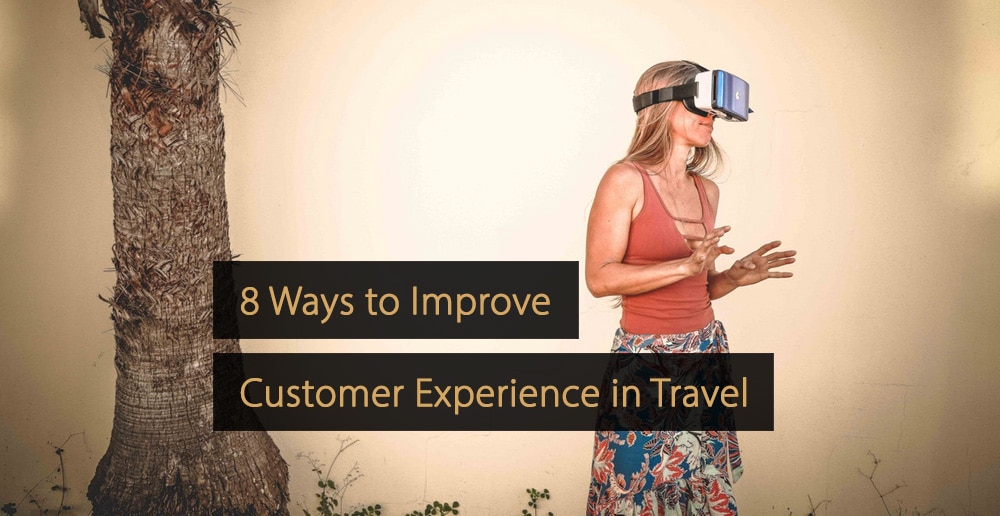
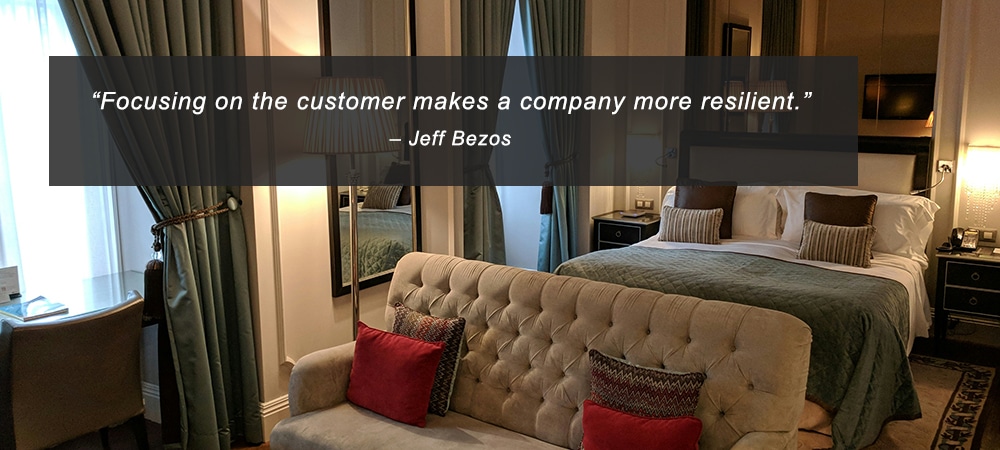
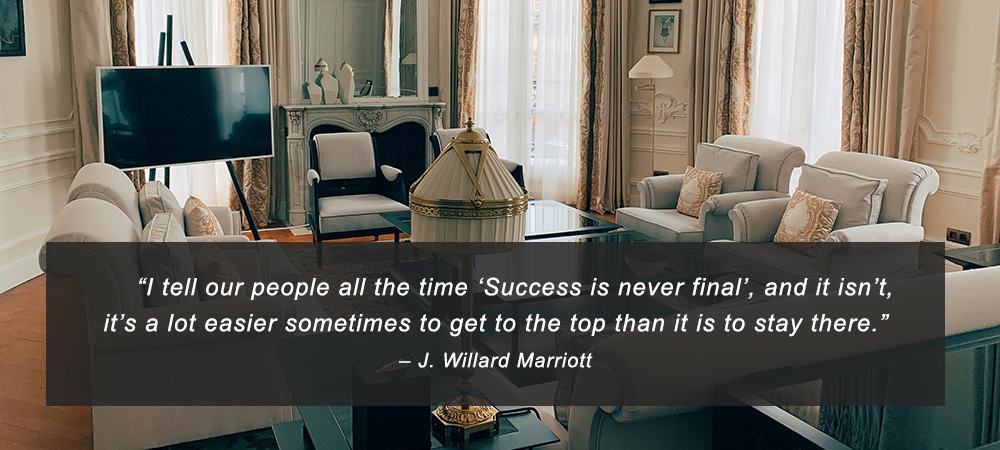


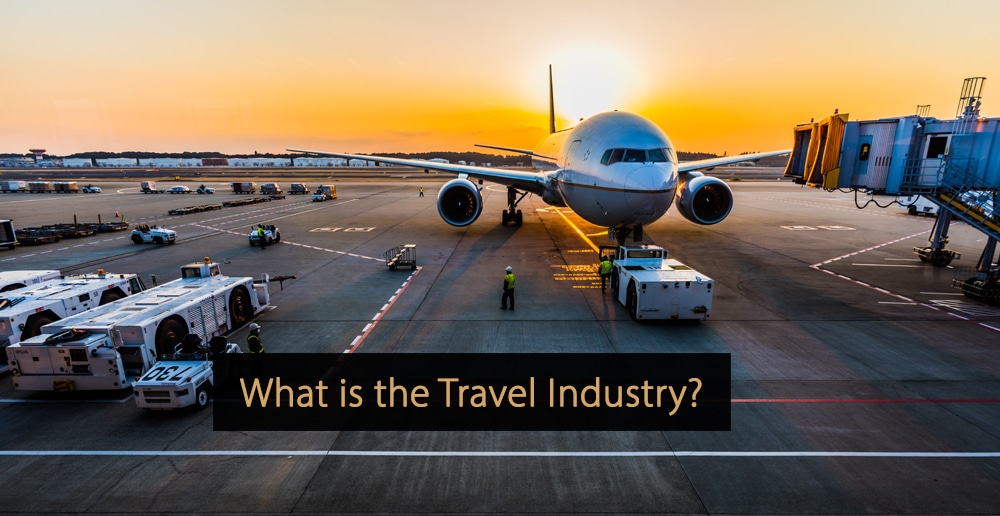
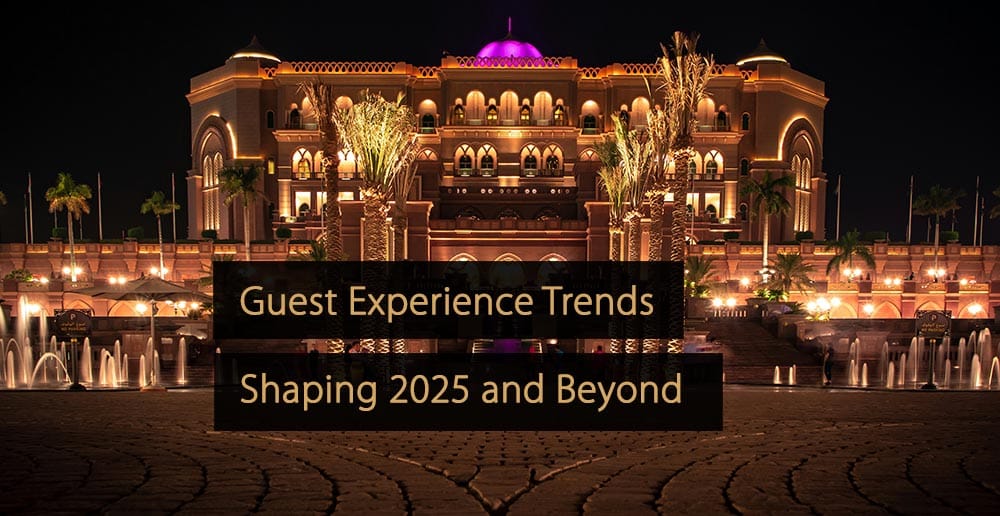
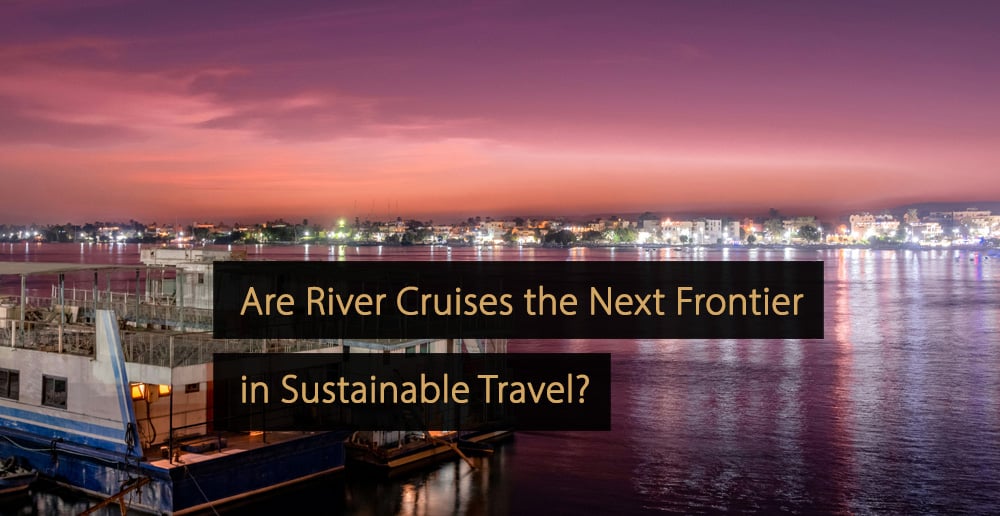
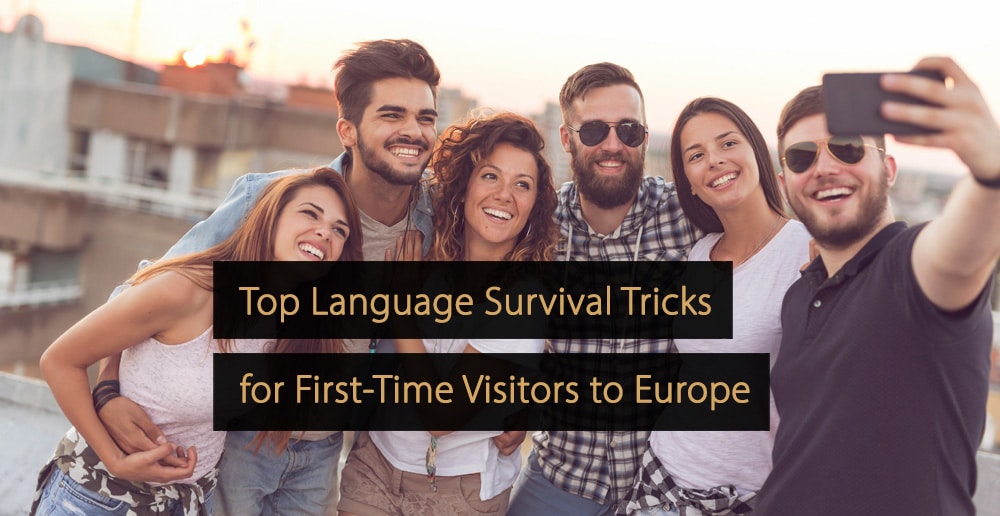
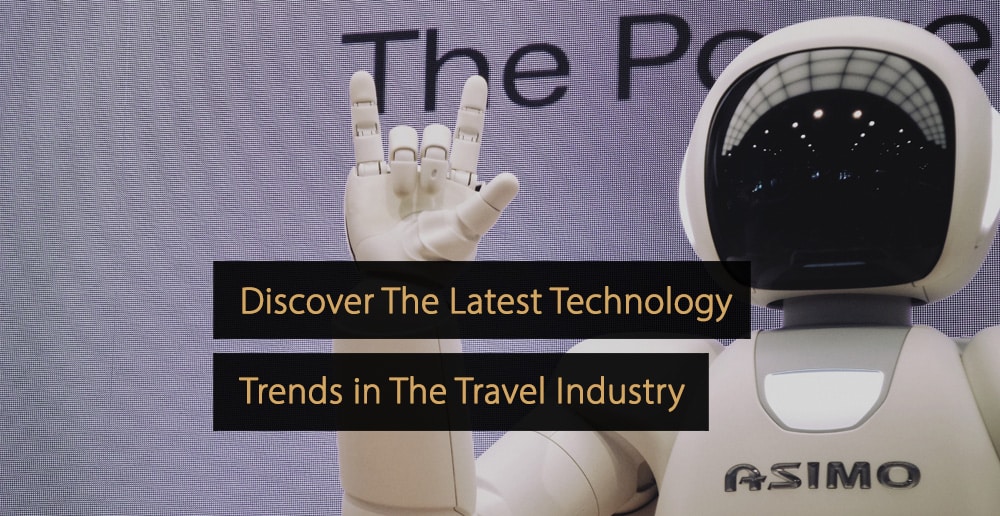
Thank you for your insights about personalization marketing within hospitality. In my experience, personalization is a significant marketing trend. It is important to address the needs one by one. Consumers have needs but the needs are different from each other.
A useful article about customer experience in travel. Thank you for sharing.